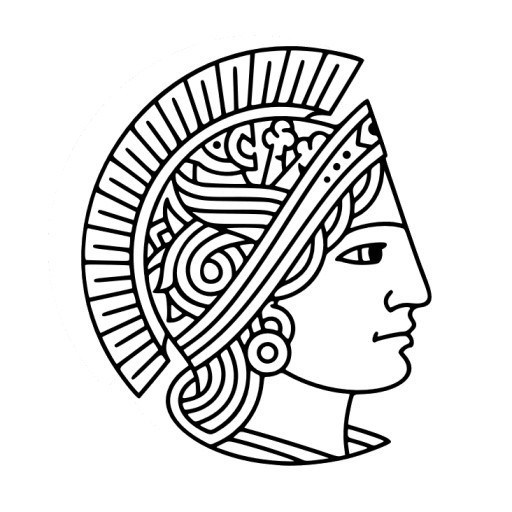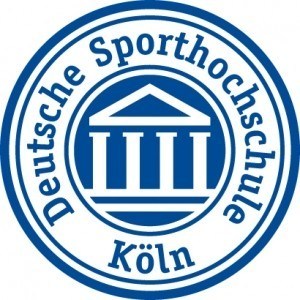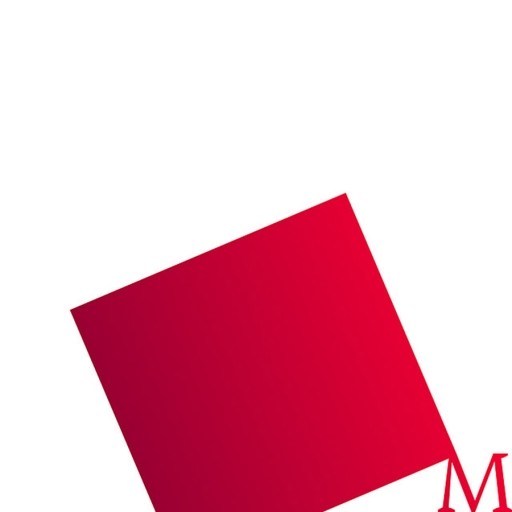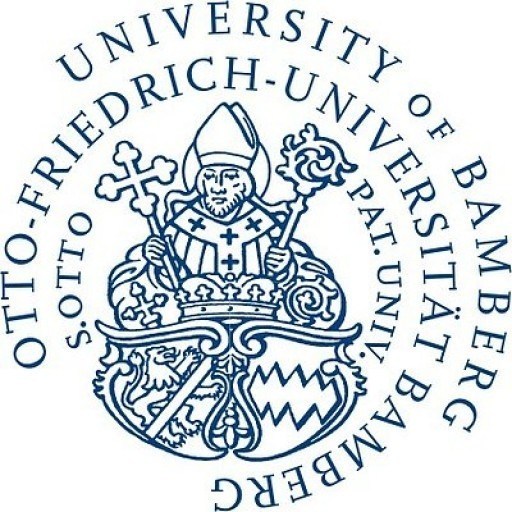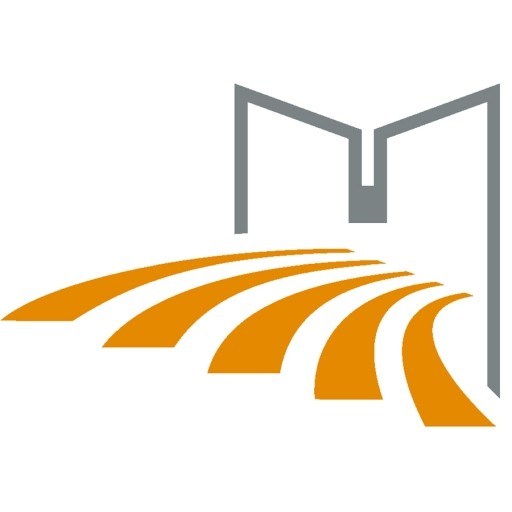Photos of university
The Erasmus Mundus European Language and Communication Technologies (LCT) programme at Saarland University is a highly esteemed master's degree programme designed to equip students with advanced knowledge and practical skills in the fields of language processing, computational linguistics, and communication technologies. This programme offers a comprehensive curriculum that integrates interdisciplinary approaches from computer science, linguistics, and artificial intelligence, providing students with a solid foundation to contribute to the development of innovative language technologies.
Throughout the programme, students explore core topics such as natural language processing, machine translation, speech recognition, and information retrieval. They gain proficiency in state-of-the-art tools and techniques used in the analysis and synthesis of language data, preparing them for diverse careers in research, industry, and public sector organizations. The programme emphasizes practical experience through project-based coursework, internships, and collaboration with leading research institutes and industry partners across Europe.
The Erasmus Mundus designation ensures a high-quality educational experience, fostering international collaboration and cultural exchange among students from different countries. Participants benefit from a multicultural learning environment and participate in mobility periods at partner universities within Europe, which enhances their professional network and intercultural competencies. The programme also offers specialized tracks, allowing students to tailor their studies according to their interests and career goals in areas such as multilingual information access, speech technology, or computational semantics.
Graduates of the LCT programme are well-positioned to pursue careers as research scientists, software developers, linguists, or technology consultants, contributing to the advancement of language technologies in sectors such as telecommunications, healthcare, government, and academia. Additionally, the programme's strong emphasis on research and innovation prepares students for doctoral studies or advanced research projects. Overall, the Erasmus Mundus European Language and Communication Technologies programme at Saarland University provides a rigorous, international, and interdisciplinary education that addresses the growing demand for expertise in language technology solutions worldwide.
Educational organisation
Four semesters in two European universitiesECTS regulations apply.
Study abroad unit(s)
In the double degree programme, two semesters are typically spent at another university in the consortium:- Department of Computational Linguistics, Saarland University in Saarbrücken, Germany (coordinator)
- Department of Information Engineering and Computer Science and Department of Psychology and Cognitive Sciences, University of Trento, Italy
- Department of Intelligent Computer Systems, Faculty of Communication and Information Technology, University of Malta, Malta
- University of Lorraine, France
- Faculty of Mathematics and Physics, Charles University, Prague, Czech Republic
- EM European Master's Programme in LCT in Groningen, Faculty of Arts, University of Groningen, The Netherlands
- University of the Basque Country, Spain
- Research Lab for Language Technology, Shanghai Jiao Tong University, China
- University of Melbourne, Australia
Internships
Internships are not a required part of the EM LCT programme, but they are allowed for students with a good academic standing.Forms of assessment
Students in the double degree programme study at two institutions in the consortium. They are jointly monitored by two lecturers (tutors), one from each institution. Each student develops a study plan with their tutors. This plan must be submitted for approval to the joint committee of the consortium. Students must successfully complete all written and/or oral exams for the modules selected in their study plans. Students must submit and defend a Master's thesis at both of their selected institutions. The Master's thesis can be jointly supervised.Course objectives
The Erasmus Mundus European Master's Programme in Language and Communication Technologies (LCT) is designed to meet the demands of industry and research in a rapidly growing area. It offers education and training opportunities for the next generations of leaders in research and innovation. It provides students with profound knowledge and insight into the various disciplines that contribute to the methods of language and communication technologies and it strengthens their ability to work according to scientific methods. Moreover, students acquire practice-oriented knowledge by choosing appropriate combinations of modules in Language Technology, Computational and Theoretical Linguistics, and Computer Science.The EM LCT involves studying one year each at two different European universities of the consortium. Graduates are awarded two approved Master of Science/Arts degrees, recognised in the countries of issue.
Language requirements
A very good command of English is required. This can be demonstrated by the following:a) a TOEFL score of at least 95 (Internet-based test)
b) a Cambridge Proficiency Exam-pass Cambridge Advanced-B
c) an IELTS score of 7.0
d) being a native speaker
Academic requirements
1) A personal statement written in English to be added to the online application. At most 2,500 characters focusing on:- reasons for applying
- areas of interest in relation to the various disciplines that contribute to the methods of language and communication technologies (language technology, computational and theoretical linguistics, and computer science)
- preferences for the host and partner universities
3) certified copies of:
- your Bachelor's degree
- certificates attesting to the fulfilment of the language requirements
5) letters of recommendation written in English. Referees should upload the letters directly to the application database, or send them securely sealed by mail.
Enrolment fees
Local fees may apply, for example, to cover local transport and registration, depending on local regulations at the consortium partner universities.Costs of living
About 800 EUR per month to cover personal expenses (incl. accommodation)Job opportunities
Students may have the opportunity to find employment as a student assistant, depending on the partner university. Additionally, some students carry out paid internships as an additional means to earn money.Funding opportunities within the university
The EM LCT programme will award Erasmus Mundus scholarships for both European and non-European applicants for the next intake round in 2017. See the website for application details and deadlines.http://www.lct-master.org/index.php?id=scholarships


